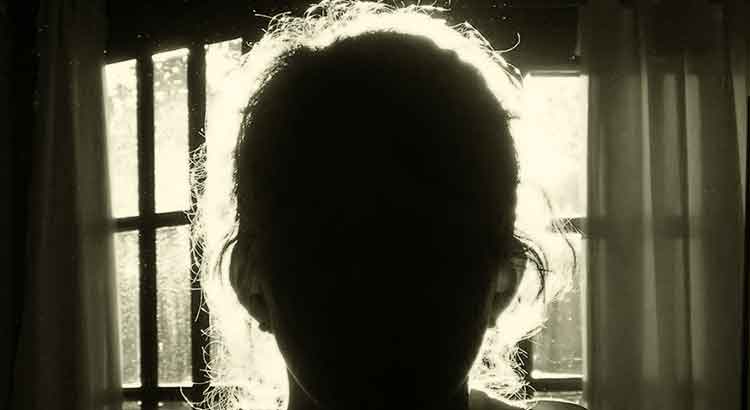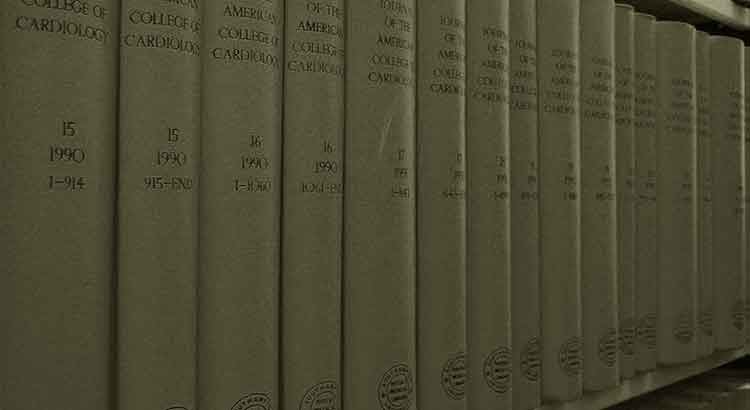The artist becomes what he is able to represent in his work. His whole dimension is summed up in what he is able to convert into art. As a man, it is as if he did not exist; he disappears as soon as his body dies. That is why he lives while he creates, he builds himself by making art—everything else is worth to him only as raw material and only if transformed into work.
Tag: literature
It Is Curious How Kierkegaard, a Prolix Writer…
It is curious how Kierkegaard, a prolix writer,—who sins by being prolix,—hardly irritates me. Although there are passages in his work that cause me great boredom, still they do not irritate me. Some others… Oh, God! The name of the moment is Jean-Paul Sartre. How is it possible that Sartre, a remarkable writer, can make me want to unlearn how to read, when I endure many, many pages of Kierkegaard’s prose? It seems that I can tolerate prolixity when I notice the author’s emotional state, when I notice that the topic is close to his heart, and, above all, when I notice his sincerity. On the other hand, if the author spends words on nothing, if he runs away from the proposed theme, losing himself in futile and vain reasoning, wasting my sight, then an uncontrollable impulse points out to me the exasperating character of what I am reading. I close the work, slam it against the shelf, and verbalize an insult. Sometimes I regret… This is not the case. Indescribable joy at abandoning Sartre to pull out a volume of Helena Blavatsky. Holy irritation!
Every Artist Should Yearn for Anonymity
Every artist should yearn for anonymity, because with walls it is possible to have a sincere dialogue without incurring the risk of suffering discomfort. Walls silently accept that art evolves and expression becomes ever more powerful. However, publication—that is, subjection to persecution—seems to be the artist’s duty, in honor of all those who have gone before him and suffered from the hatred of imbeciles.
From History to Metaphysics…
It is much more productive to jump from a Sartre to a Swedenborg, to close the Bible and open the Upanishads, to move from history to metaphysics, than to gorge oneself on the same food, restricting the horizon of the intellect and depriving it of immersion in different subjects, values, and styles. Oscillating between extremes, searching for the valuable in everything, and absorbing as much of it as possible: with this technique, even the most renitent brain is forced to evolve.



